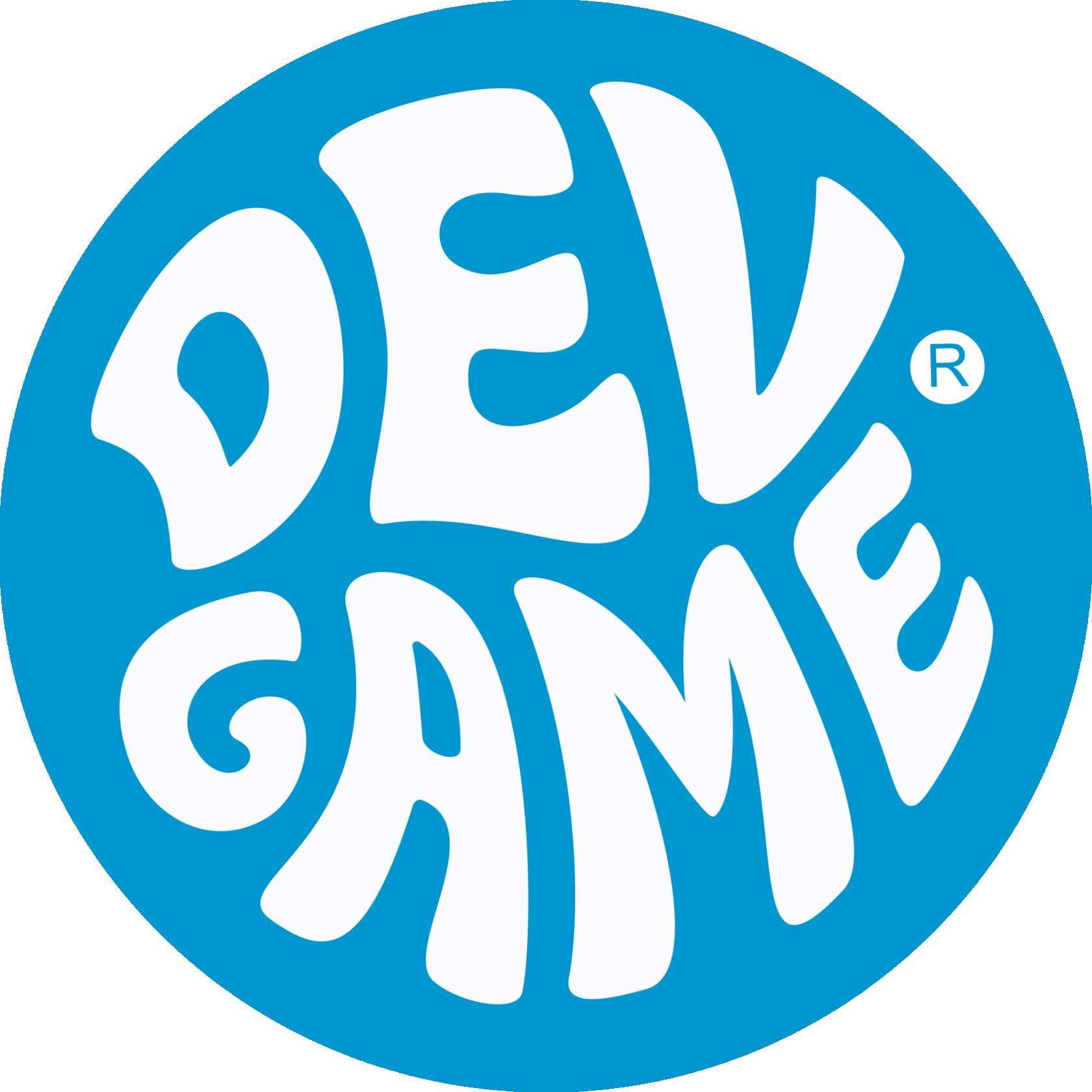How to make remote work efficient❓
DEVGAME's offices are open in several countries, so we can't have offline meetings and store files on computers or physical shelves. To keep the work flowing and productive, we use services that allow you to access necessary files and chat anywhere, anytime, from any device. We're going to tell you what they are and hope they'll come in handy for you!

Asana is a task and project managing service. Its tool set replaces almost any task-management applications, together with those of customer relations, projects, and others. Splitting a large project into separate tasks and dividing them into subtasks allows each employee to be clear about their area of responsibility and perform effectively within it.
The set of options is huge: you can create projects, within which you can create tasks, and divide them into subtasks. You can assign responsibility, set deadlines, and monitor the process. Commenting and communication is built into the service. Asana has an inbox, where all notifications concerning the employee are sent to the email. There's a portfolio, milestones, and more. You can also integrate other services into it.
In Asana, an employee creates a personal space where they see all the tasks and deadlines, so the work gets done without a delay.

Everhour is a time tracker for companies that need to know how much time their employees spend completing tasks and what they do exactly. It can be integrated into Asana, by the way. Everhour can create reports and calculate the total amount of time an employee spends on any task or project. Everhour automatically synchronizes all active projects, so these reports contain the latest data only.

Discord is a convenient messenger that supports IP telephony and video conferencing. Since we have offices in different cities, Discord is our main means of communication in the company.
What are its advantages over other messengers? To start with, you can create a company server with voice and text channels and gather all the employees in these channels. We divide channels into projects, teams, or topics, and this helps an employee find or discuss an important issue without a hitch.
Text channels are feature-boosted counterparts of messenger chats. Channels can be categorized, they always stay in place, and don't drown down in the text flow. Channels are very convenient thanks to roles: we don't give access to individual users but to a role, which we can then allocate to several employees. This way, you don't have to give every employee access, just assign a role to a person, and they will automatically get access to the necessary channels. Besides, you can set up rights for a role in a particular channel: reading, writing, deleting messages, etc.
Voice channels work like radio with video communication, there is no need to initiate a call, and every employee can join the conversation at any moment. Such channels are not limited in number and are always available in the channel list.
Voice channels work like radio with video communication, there is no need to initiate a call, and every employee can join the conversation at any moment. Such channels are not limited in number and are always available in the channel list.

Notion is a highly functional tool set for collaborative work with colleagues. Notes, documents, tables, you name it. You can divide documents into groups, set different accesses, and store information in a structured way.
All content here is stored on pages that consist of various blocks, which are the core of the service. They can be texts, lists, images, or links. At any time, blocks can be transformed: for example, a bulleted list can be turned into a checklist, or text data, into a separate document. Several pages can be gathered on one same page, which, in turn, can hide inside multi-level drop-down lists. Thanks to this, you can sort any information you want. And just not to get you lost in navigation, there is a sidebar with a tree-like structure that displays all the content.

And, of course, Google Drive, a cloud storage service. You can store information on it, and it will be available to everyone in the company at any time. But we think you know about this service already :)
7 May / 2021



